In particular, the Law on Corporate Income Tax (amended) has clearly affirmed the orientation to encourage businesses to innovate. In addition to maintaining common incentives, this law has allowed the calculation of R&D (research and development), digital transformation and innovation costs into deductible expenses when calculating taxes.
The Law on Corporate Income Tax and Resolution 198 both stipulate that enterprises are allowed to deduct up to 20% of their taxable income to establish a fund for science , technology, innovation and digital transformation development of the enterprise. Resolution 198 also stipulates that enterprises are allowed to deduct 200% of the actual cost of this activity when calculating corporate income tax according to Government regulations to determine taxable income for R&D activities of the enterprise.
The Law on Science, Technology and Innovation adds three new income sources exempted from personal income tax for intellectuals, experts, scientists and individuals participating in innovation activities.
The above regulations are welcomed and highly anticipated by the business community. Imagine, for an AI startup in the medical field, tax exemptions and allowing R&D costs to be deducted will help them "breathe" during the period of no profit, helping them save significantly for reinvestment.
On a larger scale, for a large technology corporation, being able to allocate up to 20% of taxable income to the Science and Technology Fund will help them have a huge internal budget to finance risky projects, establish labs, or invest in potential startups, thereby creating an "innovation cycle" right in the business ecosystem.
The personal income tax exemption policy will be a key factor in attracting Vietnamese intellectuals returning from abroad and international experts, because innovation not only requires capital, but also knowledge and people.
In the context of increasingly fierce global competition, Vietnam's proactive adjustment of tax policies related to science, technology and innovation not only promotes internal strength, but also increases competitiveness, attracts high-tech FDI and retains talent. It can be said that this is an important tool to realize the strategic goals of Resolution 57, such as improving labor productivity and increasing the proportion of the digital economy in GDP.
However, to bring the breakthrough spirit of Resolution 57 further into life, it is necessary to continue researching and perfecting institutions for these fields.
In particular, from a tax perspective, the specificity and accessibility of tax incentives are of great concern to businesses. Therefore, the framework provisions in laws and resolutions need to be urgently specified in detailed guidance documents.
There needs to be a specific category to define what constitutes an “R&D activity” to help businesses avoid confusion between “product development” (operating costs) and “scientific research” (incentive R&D costs). If the R&D certification procedure is too complicated, young startups will have difficulty accessing the policy. Similarly, the mechanism for choosing when to apply incentives needs to be designed flexibly, in line with the reality that startups often do not make a profit in the first 3-5 years.
Another issue that needs attention is the accounting of intangible assets - a typical product of innovation. Software, inventions, data, etc. currently do not have full regulations on valuation, depreciation and tax incentives, which is also a reason why businesses are hesitant to invest. Therefore, it is necessary to soon issue separate accounting standards for intangible assets, referring to international practices.
In addition, new fields such as fintech, healthtech, and data technology still lack a legal framework. To encourage innovation, a controlled sandbox mechanism is needed, accompanied by a flexible tax framework during the testing phase, creating a legal “safe zone” for businesses.
In short, for Resolution 57 to spread widely, there must be synchronization in implementation instructions, simple procedures and flexible mechanisms for startups. It is necessary to have a mechanism for regular dialogue between management agencies and businesses, ensuring policies are close to reality, and at the same time strongly transforming management thinking from "management" to "serving and accompanying" people and businesses. At that time, taxes will truly become a "lever" to create a vibrant innovation ecosystem, bringing Vietnam to the regional level and realizing the aspiration for strong development.
Source: https://daibieunhandan.vn/don-bay-kien-tao-he-sinh-thai-doi-moi-sang-tao-10387049.html


![[Photo] Solemn opening of the 12th Military Party Congress for the 2025-2030 term](https://vphoto.vietnam.vn/thumb/1200x675/vietnam/resource/IMAGE/2025/9/30/2cd383b3130d41a1a4b5ace0d5eb989d)
![[Photo] President Luong Cuong receives President of the Cuban National Assembly Esteban Lazo Hernandez](https://vphoto.vietnam.vn/thumb/1200x675/vietnam/resource/IMAGE/2025/9/30/4d38932911c24f6ea1936252bd5427fa)
![[Photo] Panorama of the cable-stayed bridge, the final bottleneck of the Ben Luc-Long Thanh expressway](https://vphoto.vietnam.vn/thumb/1200x675/vietnam/resource/IMAGE/2025/9/30/391fdf21025541d6b2f092e49a17243f)

![[Photo] General Secretary To Lam, Secretary of the Central Military Commission attends the 12th Party Congress of the Army](https://vphoto.vietnam.vn/thumb/1200x675/vietnam/resource/IMAGE/2025/9/30/9b63aaa37ddb472ead84e3870a8ae825)
![[Photo] The 1st Congress of Phu Tho Provincial Party Committee, term 2025-2030](https://vphoto.vietnam.vn/thumb/1200x675/vietnam/resource/IMAGE/2025/9/30/1507da06216649bba8a1ce6251816820)
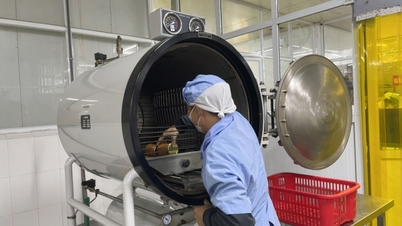

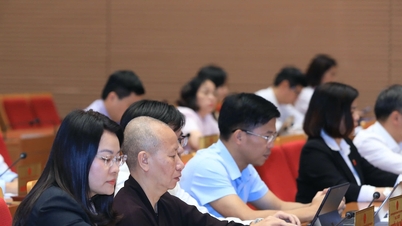









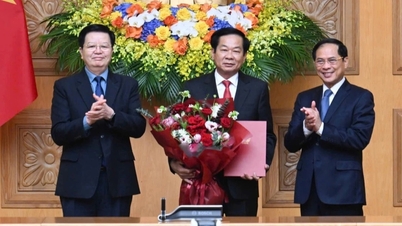


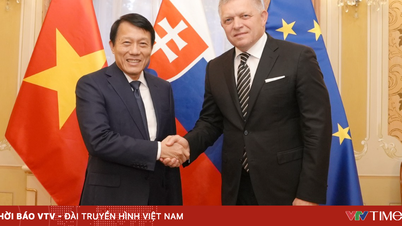












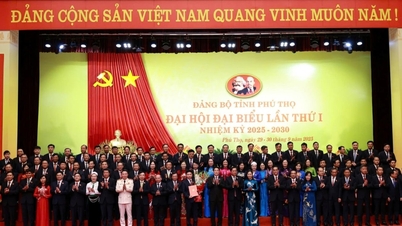
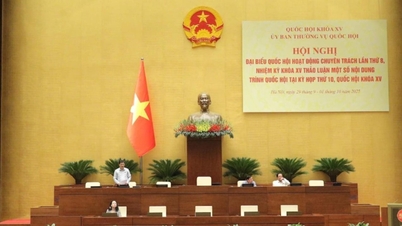
















































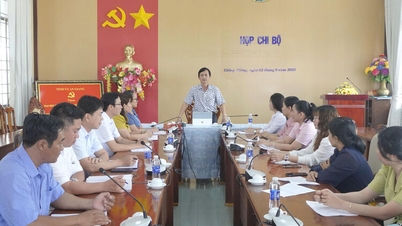
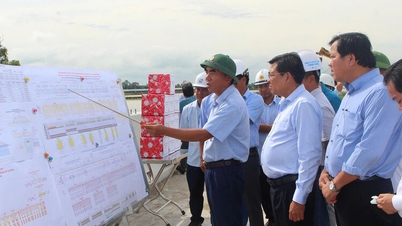














Comment (0)